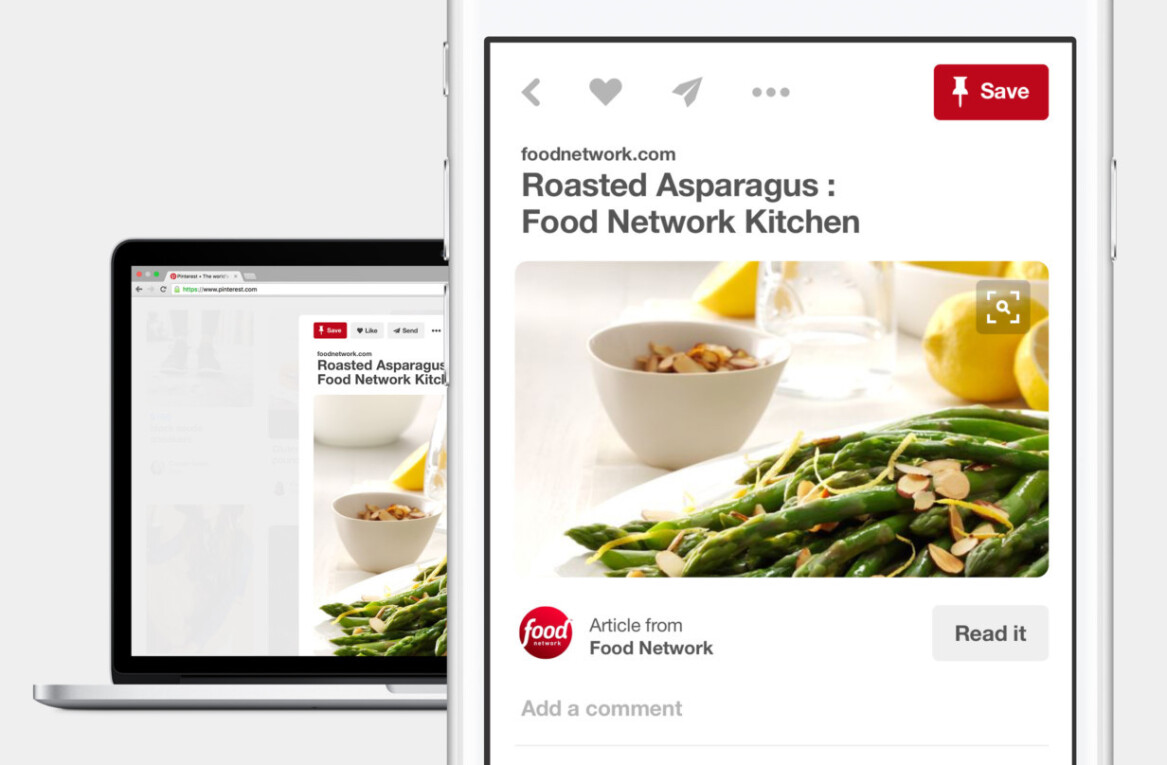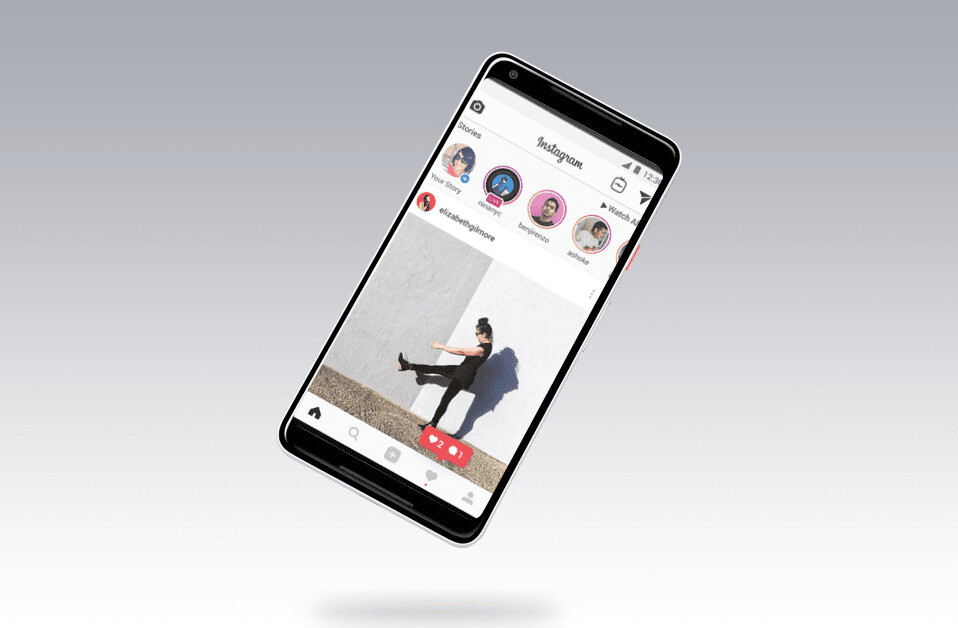![Pinalytics: Yup, analytics for Pinterest [Invites]](https://img-cdn.tnwcdn.com/image?fit=1280%2C720&url=https%3A%2F%2Fcdn0.tnwcdn.com%2Fwp-content%2Fblogs.dir%2F1%2Ffiles%2F2012%2F10%2Fpins3.jpg&signature=1fa27980e1833903bd619024638fdb52)
What began as little more than a fun way of grouping photos of related items together has taken on a life of its own.
It seems to have happened overnight some time in the past year, but Pinterest is now something of a phenomenon, and not everyone can quite understand why. Does it really have more visitors than Tumblr? And did eBay purposefully pilfer its layout for its new Feed product? Quite probably.
As we saw with the rise-and-rise of Instagram, Pinterest is heralding a sort of mini-ecosystem of its own, with related third-party products and complete clones in abundance. But what all high-traffic digital platforms need is analytics, something that Pinterest doesn’t yet provide off its own back.
Here’s Pinalytics
Pinalytics is the latest social media monitoring tool in town, helping users track and evaluate content and interactions on Pinterest. While it is technically still in closed beta, TNW readers can bypass the invite-request stage now, by simply visiting this landing page.
Once in, you just have to provide a few details to set up your account…and voila.

It’s worth noting here that Pinalytics, as it stands, doesn’t require an account to have a bit of a play with it. If you use it without logging in, it will return up to five results for any search. If you log in, Pinalytics returns up to 50 results. Plus, the analytics section of the tool, which syncs with Google Analytics, is only available to members.
Moving on…when you first access the tool, you’ll see a familiar Google-style search interface.

Here, you can to enter a subject or keyword. The Search button then kicks Pinalytics into gear and it searches the pin-based social network for related content.
You’ll see there’s a little drop-down box next to the Search button – here you’ll have three search options: Pins, Boards and People. As you’d expect, Pins let you search Pinterest pins, Boards let you search Pinterest boards and People lets you search other Pinterest users for the pre-defined keywords.
Searching under ‘Pins’, in this screenshot, you’ll see that the top picture of Steve Jobs has been repinned 400 times, with the link directly above the photo taking you to the Pin Author. The link above the ‘400’ number takes you to the exact Pin page, and the link just to the right of that takes you to the original Pin source of the image.

You’ll notice other numbers in here too. In addition to repins, you’ll also see ‘Likes’, which is the number of times Pinterest users have ‘Liked’ this pin, while Comms relates to the number of comments this pin has received from other users.
If you switch the search option to ‘Boards’, you will be presented with the top-performing Pinterest boards related to your search queries, where it’ll display ‘Followers’ and ‘Pins’.

You can click through to each board and see what all the fuss is about for yourself:

Beyond Pinterest
Pinalytics also lets you take a peek at the bigger picture, giving details of how a particular piece of content has performed outside of Pinterest. The metrics here refers to the original content source and not to the pin page itself.
Here you can see a picture of David Beckham has been repinned 71 times, but it has also been tweeted 171 times and stumbled 1,144 times.

The same applies to Majestic, Facebook, Google+, Reddit, LinkedIn and Digg.
Similarly, the ‘Sort by’ drop-down menu allows you to sort your results by the various metrics from across the social sphere. If you want to know how well a particular pin performed on Facebook, or which pinned piece did the best on Twitter or Digg, you simply select that option from the ‘Sort by’ box:

You can then scroll through the most popular photos using any of the social networks of your choice:

Furthermore, all the metrics on a given results page can be downloaded in bulk for further analysis – you can do so using Export TSV, which downloads the current view to a tab-separated variable file, or to a Clipboard.
P-insights: The big picture
As we’ve previously noted, there is a big demand for Pinterest-data insights (Pinsights?). Earlier this year we covered Pinerly, which not only makes it easy to track repins and likes, but it also gives users the added advantage of letting you know how many click-throughs each post receives. It received 36,000 sign-ups in its first week. Then there’s the likes of Pinfluencer which launched back in July, offering an enterprise-level analytics engine.
So, there are already a number of tools to help you monitor your reach and influence on Pinterest, but what Pinalytics brings to the table is a really nicely designed, free platform to plan campaigns and eek out key influencers and brand champions.
Pinalytics is the handiwork of London-based Forward3D, which is part of Forward Internet Group. There is a team of six currently working on this particular project, one of whom is Jim Ray, who we caught up to ask some more specifics around Pinalytics.
“We’re aiming not only to help you track and monitor returns, but also help you find who you should be talking to,” he explains. “What content is likely to do well, and what opportunities there are on Pinterest and the wider social Web.”
By way of example, Ray cites a hypothetical social campaign around a beer brand. “To discover what content does well on Pinterest around beer, I would run a Pin search on Pinalytics, and then sort by Repins.” he says. “That tells me what content is hot on Pinterest for beer. It also shows me where else that content has done well, so for crafting my campaign I can take the learnings from the top Pins.”
Ray notes that this could be great for link-building opportunities, and also for stimulating content ideas. “They are already creating great beer content that gets pinned,” he adds.
Similarly, if you were looking for influencers, you could search for Beer boards, and sort by the number of followers.
In terms of Google Analytics integration, well, this feature is available now to anyone with an account.

The invite-only element will be removed in the next few weeks, but you can bypass that now by visiting TNW’s very own dedicated link. It’s also worth acknowledging the .co.uk domain – although this is obviously a UK-specific domain, they are targeting an international audience, and are seeking a different top-level domain to make its product more appealing globally.
So, it seems that the main target audience here is brands, right? “Our main audience is whoever finds the data useful,” says Ray. “Also, the current level of functionality will always be free, but there are plans to introduce much more advanced functionality – those features may have a cost associated.”
Meanwhile, you may also wish to check out our feature on how to measure success on Pinterest from earlier this year.
Feature Image Credit – Thinkstock
Get the TNW newsletter
Get the most important tech news in your inbox each week.




